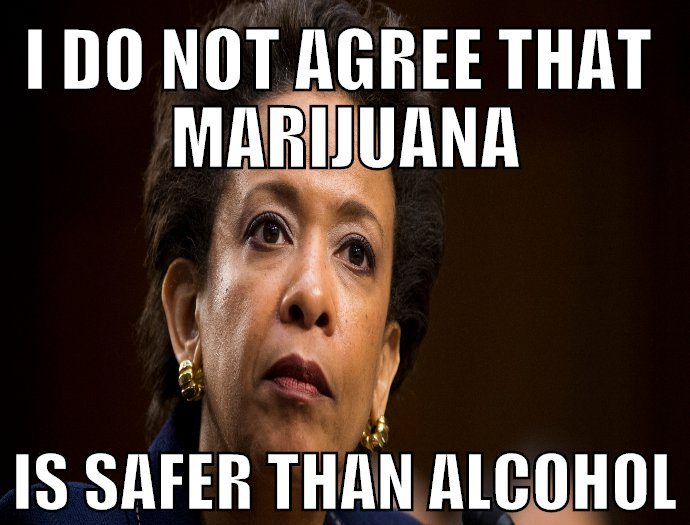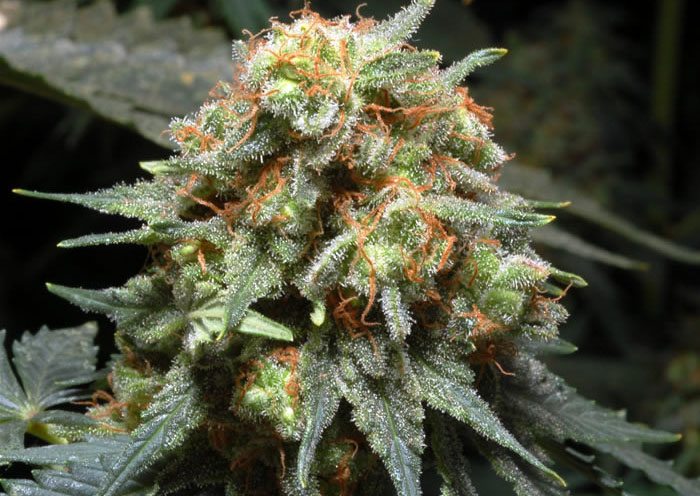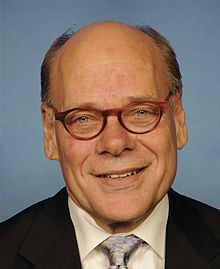Planet Earth’s most useful medical plant has been nearly impossible to research in the USA. Now, a positive action from the Obama White House will greatly uncomplicate and facilitate medical marijuana research! This simple step in the right direction has been somewhat lost in the recent avalanche of major national news recently.
The irony is thick: Perhaps humankind’s most useful medical substance became the only substance that could not be researched, in good part due to unintended consequences of the Public Health Service review. Since 1999, anyone wishing to research medical uses of cannabis has to pass a this torturous process, supposedly put in place to facilitate medical marijuana research after the 1999 Institute of Medicine report on positive medical uses.
In reality, though, the meager flow of medical research on cannabis in the USA slowed even more when the review was added to other bureaucratic hurdles during this time of maximum hostility to marijuana and its fans by all aspects of American government. Virtually any research that got approved had to be framed in terms of finding dangers of cannabis; no one was funded looking for medical benefits. This final knife into the back of cannabis research culminated the Clinton administration’s dismal drug war record.
Fast forward to 2015 and the political environment is quite changed.
Although, seemingly inexplicably, cannabis is still officially a Schedule I drug (rated highly dangerous with no medical use), the American public wants access to medical marijuana by a huge margin and many freedom fighting politicians are helping out. Removal of the noxious Public Health Service review was recently called out in congress. The righteous ringleaders include California Republican Dana Rohrabacher and Oregon Democrat Earl Blumenauer along with Morgan Griffith (R-VA), and Jan Schakowsky (D-IL). They sent a letter to the Secretary of Health and Human Services (HHS) asking that this needless obstacle of the review be abolished.
Then, just weeks later, additional momentum to remove this research block came from an unusual place, Project SAM or Smart Approaches to Marijuana, the anti-cannabis lobby group run by ex-congressman (and guilty-pleading, pill-popping DC crash-driver Patrick Kennedy. Project SAM CEO and arch anti-cannabis lobbyist Kevin Sabet even argued against other bureaucratic rules stifling medical marijuana research, surprising and laudable actions from a group that has dishonestly promoted continued cannabis prohibition and persecution.
Whether it was congressional action, lobbying, or a long-overdue epiphany, the drug czar office announced this welcome step of dropping the review. The action is significant especially in that it did come from the executive branch, one of very few actions ever taken by the White House, during any administration, to ease medical marijuana research and restrictions. The change was announced by the White House based ONDCP (drug czar) official Mario Zepeda who began the announcement with a lie: “The Obama Administration has actively supported scientific research on whether marijuana or its components can be safe and effective medicine.” Were this true, Mario, President Obama would have long ago rescheduled cannabis out of patently ridiculous Schedule I. The statement continued in about most negative way possible, but still the presidential action dropping the review is important:

















